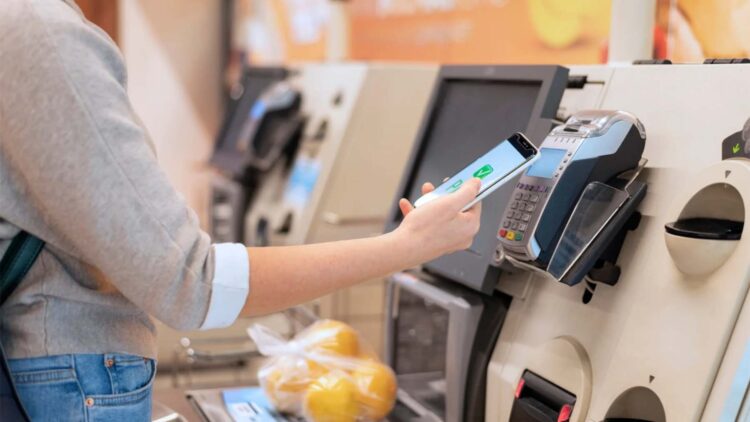Some states in the U.S. want more human cashiers in supermarkets and less self-checkout lines. Paul Feeney is supporting a bill in Massachusetts that would ensure staffed areas are always available and limit the number of self-checkout stations a store can operate. In Rhode Island and California, similar concepts are developing.
Supporters claim that this could reduce retail theft and make shopping easier for those who have trouble using machines. Critics, like the Massachusetts Food Association, tell CBS News that stores, not the state, should choose how to staff because customers prefer the speed of self-service. Large retailers like Walmart, Aldi and Target are already altering the self-checkout process, allowing members-only access, limiting the number of items permitted, or reducing the hours.
Stricter staffing guidelines were added when the city of Long Beach, California, passed the Safe Stores Are Staffed Stores law. The question at stake is plain and simple: should retailers increase the number of people working at the registers or rely more on machines?
What the new rules would do
The proposal states that, “grocery stores shall not have more than 8 self-service checkout stations operating at any one time per location,” in Massachusetts. Additionally, each self-checkout station must have at least one staffed lane, and the worker monitoring the machines cannot be tasked with multiple tasks at once.
The highest-paid retail employees could receive benefits and a fine equivalent to a full day’s wages if a store violates the regulations. On October 20, lawmakers scheduled a joint hearing. Supporters say that lowering retail theft and simplifying checkout for those who become stuck at machines are the objectives.
Other locations are also changing. On September 21, the Safe Stores Are Staffed Stores rule went into effect in Long Beach, California. It limits self-checkout to 15 items or fewer, prohibits workers from having other responsibilities that “interfere with their ability to maintain direct visual inspection,” and establishes a 3-to-1 ratio (one worker for every three self-checkout stations). Representatives in Rhode Island are considering limiting the number of self-checkout kiosks that can be open at once to six and, once more, allocating one staffed lane for every two self-checkout stations.
“When stores use too many self-checkout stations it can cut worker hours and leave some workers struggling to manually cover eight self-checkout stations on their own,” explained Senate President Valarie Lawson. “This bill would provide options for the consumer by making sure staffed checkout lanes are always available while also improving the store environment for workers and consumers,” she continued.
How shoppers and stores are reacting
“It is not the responsibility of the state to determine how, when, and where a business deploys its staff,” the Massachusetts Food Association told CBS News. “Many customers prefer the convenience provided by self-checkout stations that allow them to save time and get in and out quickly,” they say, adding that “It should remain the choice of the customer to use self-checkout if they wish to do so.” They argue that many shoppers enjoy the speed of scanners.
The California move was deemed “intrusive” by one customer, who said, “Instead of targeting shoplifters, we’re micromanaging how businesses employ staff at self-checkouts. Why shift to such intrusive rules?” The bills’ supporters claim that having real people at registers benefits older adults, people with full carts, and anyone else in need; guards and cameras can’t solve every problem.
Senator Paul Feeney told CBS News, “It is impossible for some people to try and figure these things out,” especially “older folks… and then they turn around and there’s nobody there to actually talk to.”
Finding a balance at the register
With major retailers like Walmart and Target already making changes to self-service, the future is probably going to be a combination of self-checkout for short trips with a few items and staffed lanes for anyone who needs assistance.
The most important thing will be to keep lines moving and people assisted.

